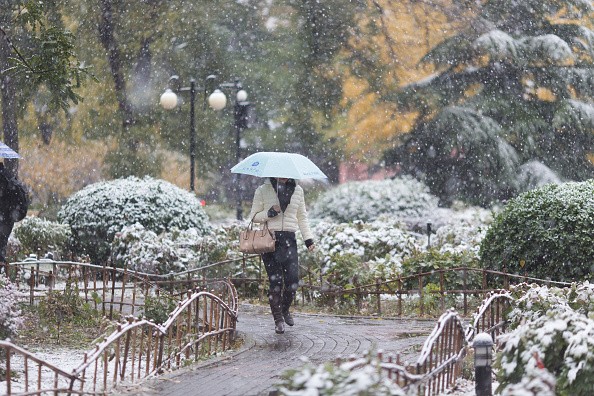Heating systems are partly to blame for the poor air quality Beijing will experience for five days, officials from the Beijing Environmental Protection Bureau announced, according to a report by China Daily.
"Pollution caused by heating systems is one significant factor, while high humidity and little wind are unfavorable weather conditions for the diffusion of pollutants," said Zhang Dawei, director of Beijing Environmental Protection Bureau's municipal environmental monitoring center. "But we are expecting that haze and fog will be blown away when the wind comes next Monday."
Thick fog and haze in Beijing and other northern cities are not a rare occurrence whenever winter approaches in the region. It's usually the time when heating systems are being plugged in.
"It has been the case for years," said Zhang. "But the number of days with heavy pollution in Beijing has significantly decreased compared with the same period in previous years."
According to reports, Beijing's air quality has vastly improved in the course of 10 months.
Data shows that the average concentration of PM2.5, which are fine particles that pose a threat to human health, decreased by 21.8 percent compared to the same period in 2014.
Beijing is not on the clear yet, however, as heavy pollution in Shengyang, Liaoning Province, poses a threat to the city's air quality. Residents believe that some of the smog in Beijing came all the way from Liaoning Province. Officials, on the other hand, assure the public that this is not the case.
"We understand why people worry about the air pollution, but we also want to clarify that pollution in Liaoning Province is not likely to affect a place as far away as Beijing," said Wang Bin, head of the emergency management office of Beijing Environmental Protection Bureau. "We will increase the frequency of air monitoring, and will inform the public."



























